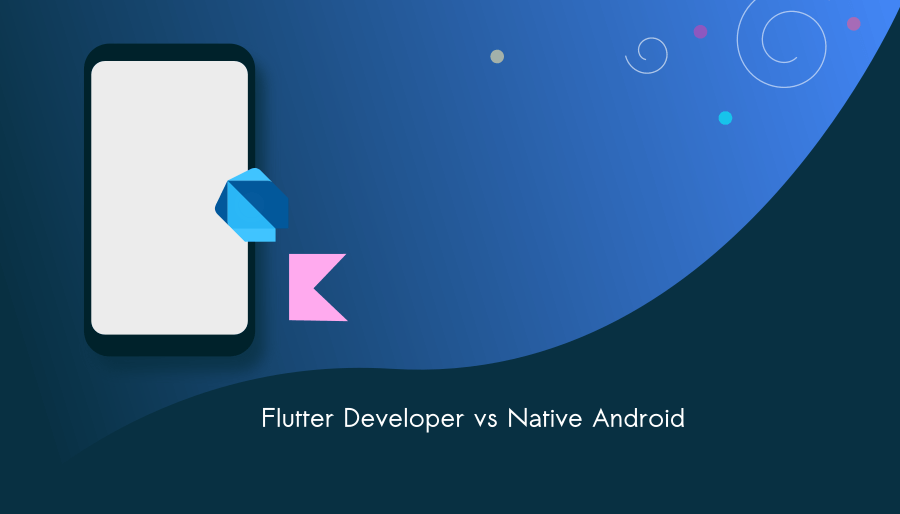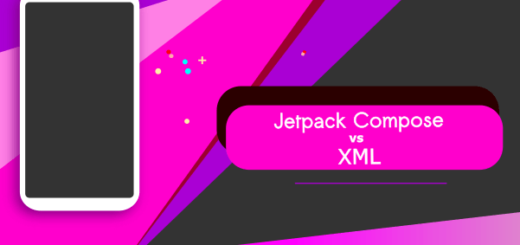Flutter developer vs Android developer Native: Key challenges
When it comes to mobile app development, the roles of a Flutter developer and an Android developer (Native) are distinct yet interconnected. Flutter, a framework by Google, enables developers to build applications for multiple platforms using a single codebase, while an Android developer specializing in native development works directly with Java or Kotlin for Android applications. Let’s explore challenges of flutter developer vs android developer.

The main difference is how they make apps. Flutter developers use Dart and Flutter’s way of building things to make apps that work on different platforms. It’s faster and simpler than making apps just for Android. Android developers (Native) use tools and languages made for Android. They can do more with the device but focus only on Android.
Android Developer vs Flutter : Tasks
Flutter developers do more varied jobs, making apps that work on different platforms and knowing a lot about Flutter. They keep learning to make apps better. Native Android developers focus on making apps work best on Android devices, using the latest features and hardware.
Job Demand : Native vs Flutter
In terms of job demand, the industry’s need for Flutter developers is rapidly increasing due to the framework’s rising popularity and the growing preference for cross-platform development. However, the demand for native Android developers remains robust, especially for applications requiring in-depth integration with Android functionalities or high-performance demands.
Transition
Transitioning between these roles might require developers to acquire additional skills. Flutter developers aiming to delve into native Android development might need to familiarize themselves with Java or Kotlin and understand the intricacies of Android-specific tools and APIs. Conversely, Android developers keen on exploring Flutter may need to grasp Dart and Flutter’s widget-based paradigm to effectively transition into cross-platform development.
Challenges faced by Flutter Developers vs Android Native
Flutter:
Platform
Ensuring consistent performance and appearance across various platforms can be challenging due to differences between operating systems.
Third-Party Compatibility
Integrating third-party libraries or plugins might present issues in terms of compatibility or functionality with Flutter’s framework updates.
Learning Curve
Adapting to the Dart language and Flutter’s widget-based structure might take time, especially for developers transitioning from other languages or frameworks.
Optimization
Achieving optimal performance across multiple platforms while maintaining a single codebase can require meticulous optimization.
Native Android Developers:
Device Compatibility
Working across numerous Android devices with different screen sizes, hardware capabilities, and OS versions can lead to compatibility and optimization challenges.
API Changes
Keeping up with frequent Android updates and changes in APIs necessitates constant learning and adaptation to ensure apps remain compatible and optimized.
In conclusion, both Flutter developers and Android developers (Native) play crucial roles in the mobile app development landscape. Flutter developers excel in cross-platform solutions, while native Android developers specialize in platform-specific optimizations.



